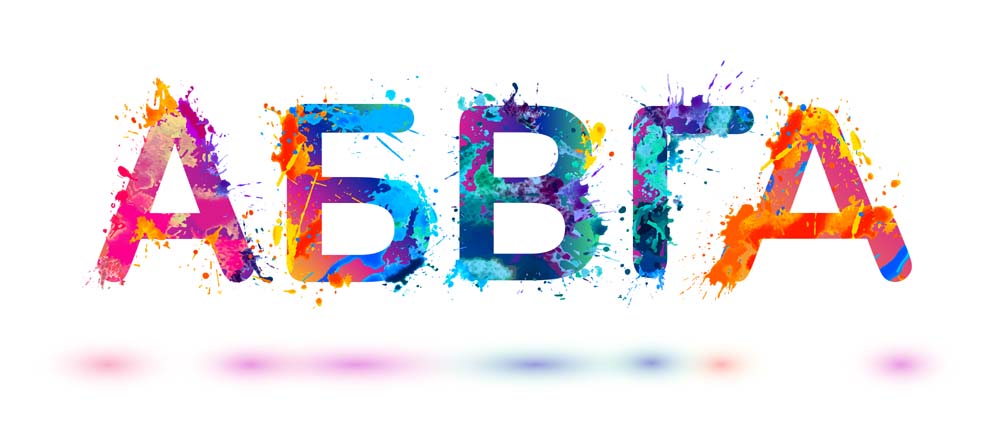
The addition of “биткоин” (bitcoin) to the Russian spelling dictionary is “well grounded,” according to an important official from the Institute of Russian Language – another recognition of the cryptocurrency. Transliterating English words into a Slavic language written in Cyrillic, however, is not always a straightforward process. Two spelling forms have gained popularity in Russia, but which is the correct one? Other Slavic nations face a similar challenge. Besides, each one of them seems to have its own idea of how to write bitcoin with Cyrillic letters.
Also read: Russian Railways Eyes Crypto for Tickets, Blockchain for Cargo
Биткоин, Биткойн, Біткоїн, Биткојн – Bitcoin
Transliterating words from one language into another can sometimes spawn a number of spellings with none of the alternatives being a true original. This is often the case with borrowed terms describing new inventions that have to be written in a script different from the one they originated from. The word “bitcoin” is no exception – it is an invention, and it is a new term. Its introduction into Slavic languages using the Cyrillic alphabet has produced many spelling variations, with almost each nation “inventing” its own bitcoin, or биткойн I should say.

Bulgarians, who liked and adopted the Cyrillic script a millennium ago, have decided, unofficially, to spell bitcoin the way it is pronounced in English and in their Slavic language – “биткойн.” Their closest linguistic relative, the Macedonians, write it “биткоин,” true to their commitment to be different. The short unstressed i-vowel “й” (as in /aɪ/ or /kɔɪn/) is missing from their version of the Cyrillic alphabet. No worries, we can still read it.
Ukrainians, who probably have more “i”-s than just about any other Slavs (и, й, і,



